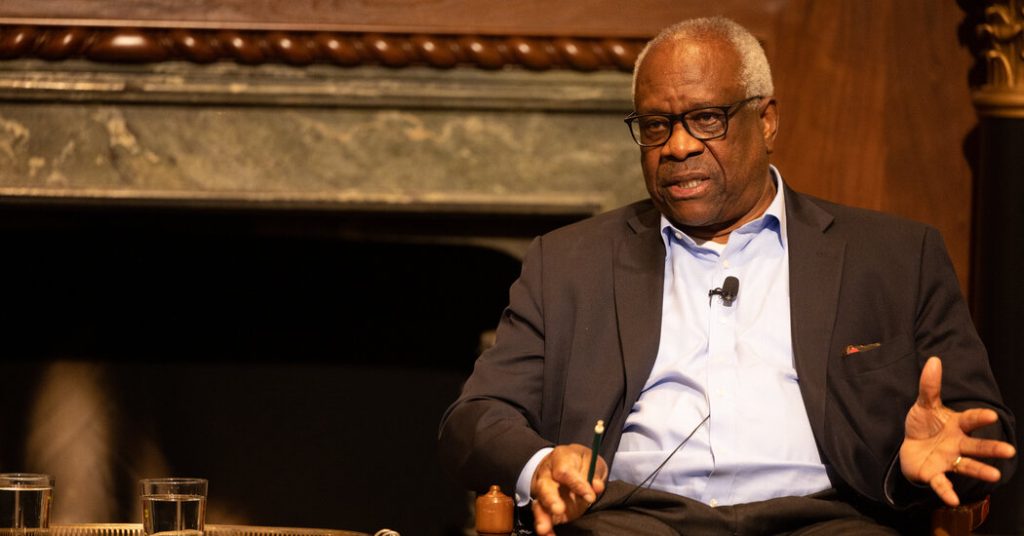Justice Clarence Thomas recently acknowledged additional luxury travel he had accepted from conservative billionaire friends, including trips to an Indonesian island and a secretive all-male club in the Northern California redwoods in 2019. These trips were revealed by ProPublica and are now included in his financial disclosures. Other Supreme Court justices, such as Justice Ketanji Brown Jackson, have also disclosed gifts, travel, and money earned from various sources, shedding light on their activities outside of the court.
The release of yearly financial disclosures offers a limited glimpse into the lives of Supreme Court justices and has sparked interest due to revelations about ties between some justices and wealthy donors. Justice Samuel A. Alito Jr. was granted an extension this year for filing his disclosure, which aligns with his usual practice. Last year, both Justice Thomas and Justice Alito Jr. requested extensions without providing reasons, leading to speculation and scrutiny.
In response to the growing scrutiny and pressure, the Supreme Court adopted its first ethics code in November. While lower federal courts have long been bound by ethics codes, the Supreme Court had not been subject to such requirements due to its unique constitutional status. The lack of enforcement mechanisms or a process for handling ethics complaints, as well as the absence of specific restrictions on gifts, travel, and real estate deals, has drawn criticism.
The nine-page ethics code for the Supreme Court cautions against activities that detract from the dignity of the job, interfere with a justice’s ability to fulfill official duties, reflect negatively on impartiality, or result in frequent disqualification. Justice Thomas’s acceptance of gifts from a conservative donor, as well as his private jet travel, were defended in an addendum to his disclosure form. He stated that he had inadvertently omitted information on earlier forms and had been advised to avoid commercial travel after a leak concerning an opinion on Roe v. Wade.
The ethics code serves as a guideline for justices to maintain the integrity and impartiality of the Supreme Court. With increased public scrutiny and pressure for accountability, the disclosures provide insight into the activities and financial relationships of the justices. The interactions between justices and wealthy donors, as well as the acceptance of gifts and luxury travel, have raised concerns about ethics and impartiality within the highest court in the land.
Overall, the financial disclosures from Supreme Court justices offer a rare glimpse into their lives outside of the courtroom and highlight the complexities of maintaining ethical standards and integrity in the face of public scrutiny. The adoption of an ethics code for the Supreme Court marks a significant step towards ensuring transparency and accountability within the judicial branch, addressing concerns about potential conflicts of interest and improper influences on court decisions. Moving forward, the implementation and enforcement of ethics guidelines will be crucial in upholding the credibility and impartiality of the Supreme Court.


